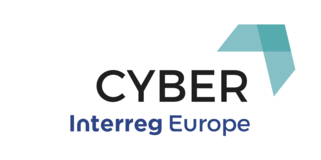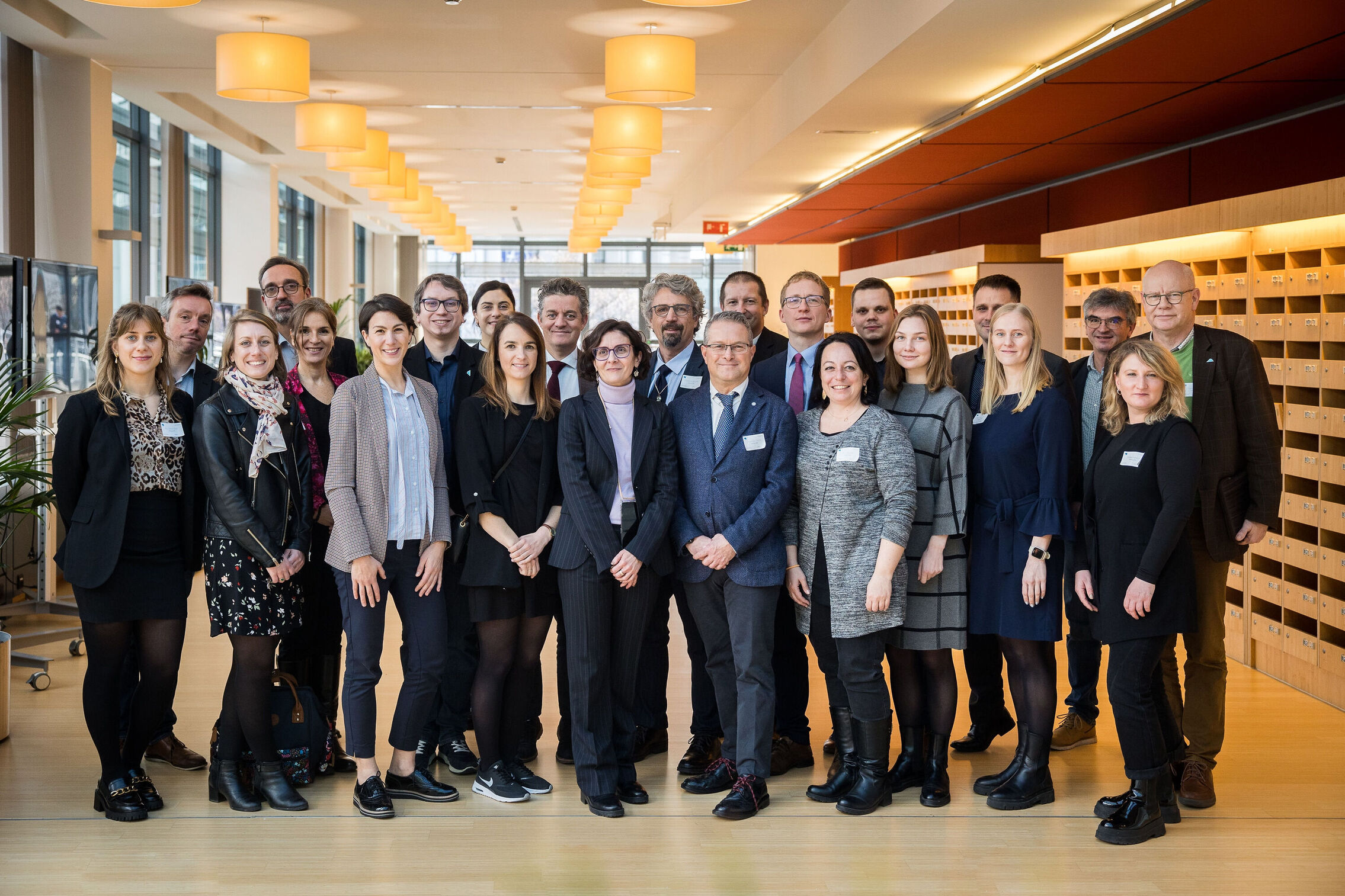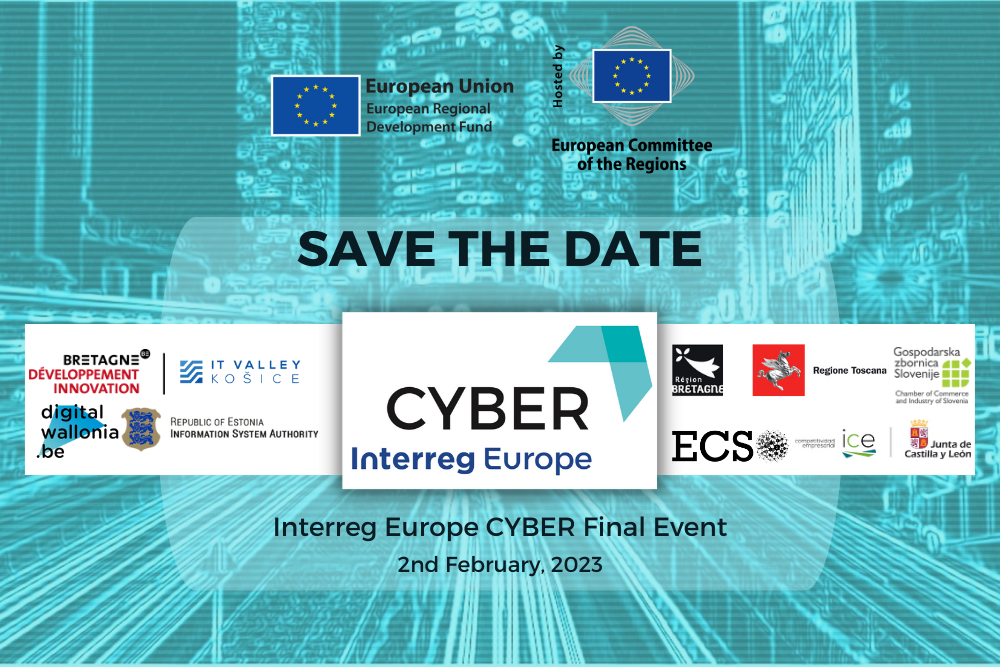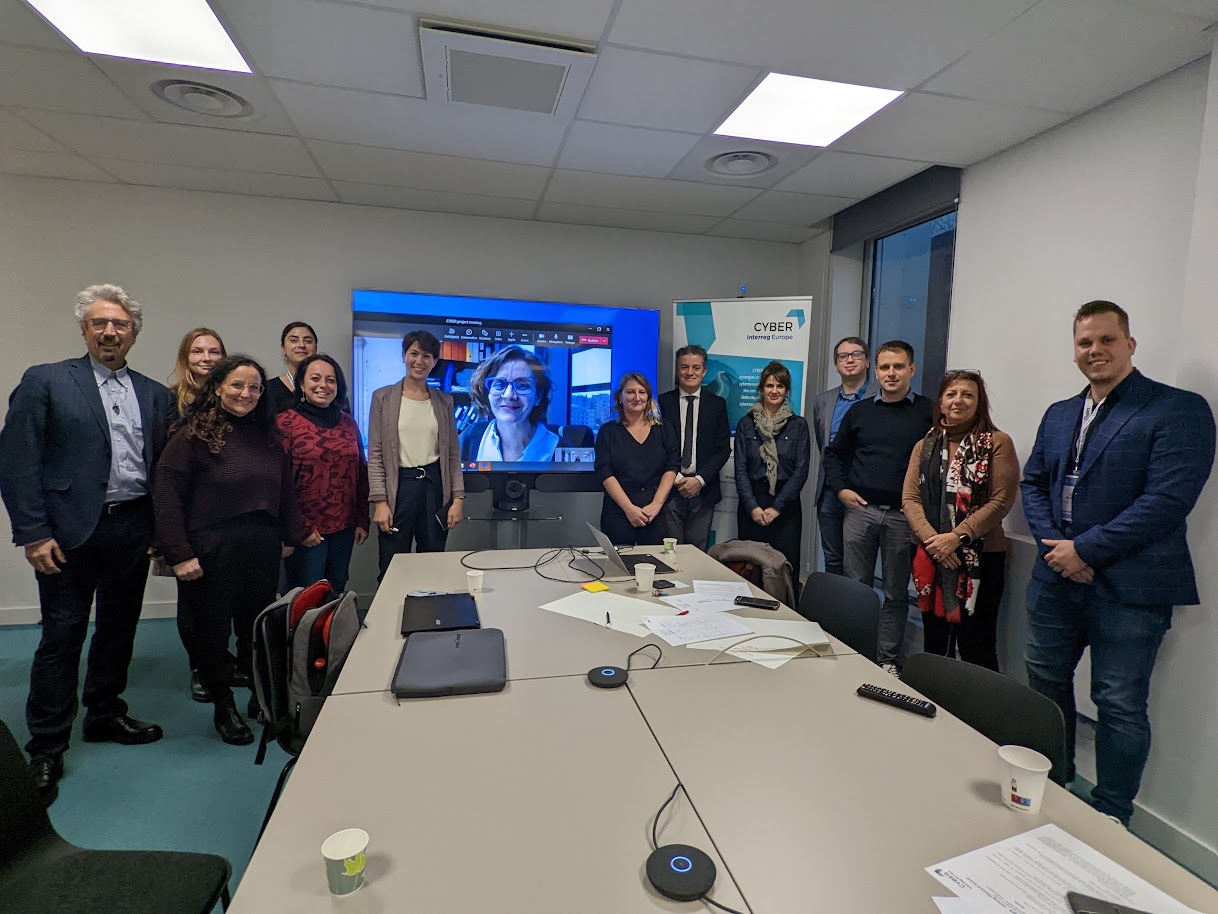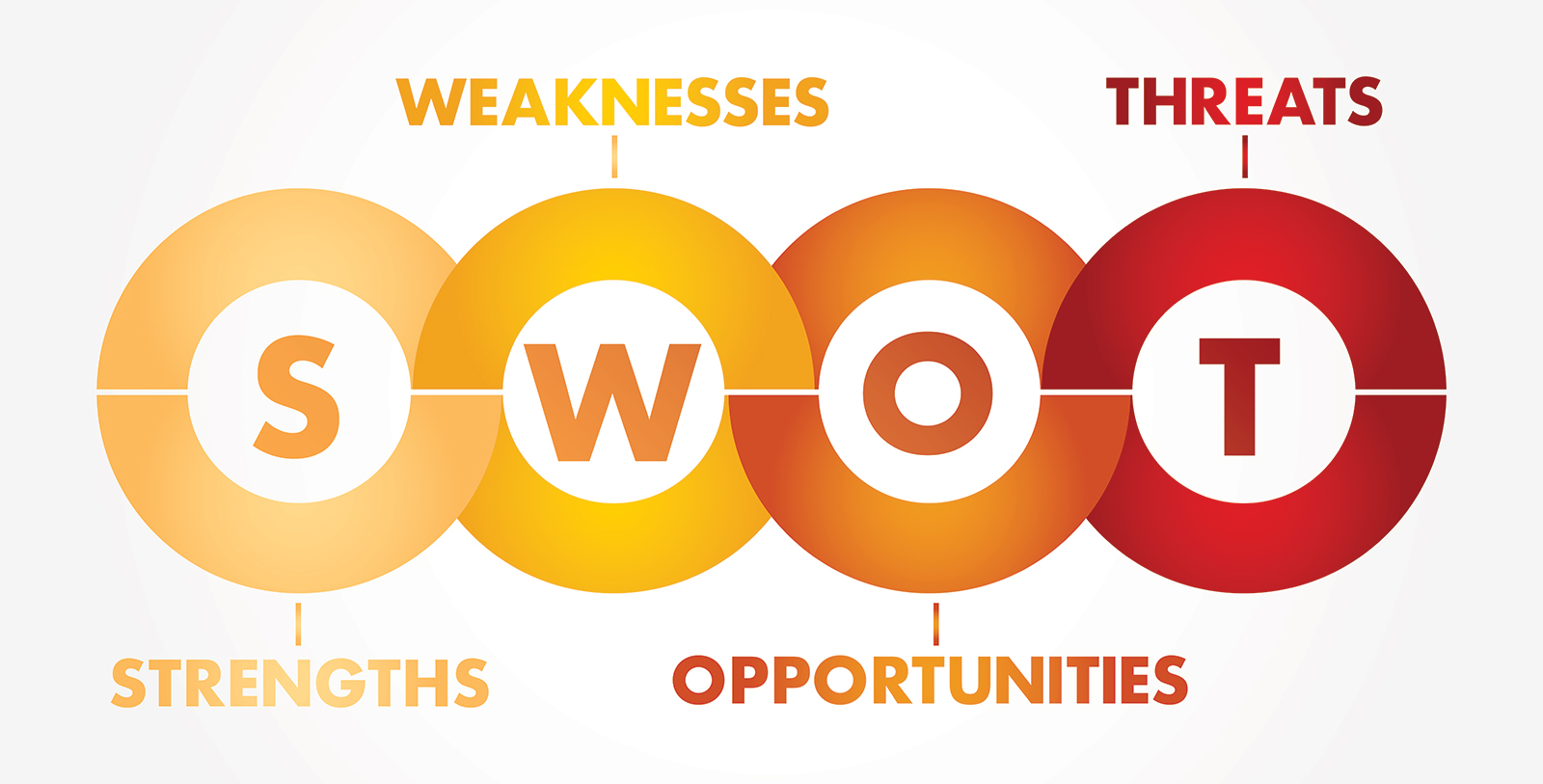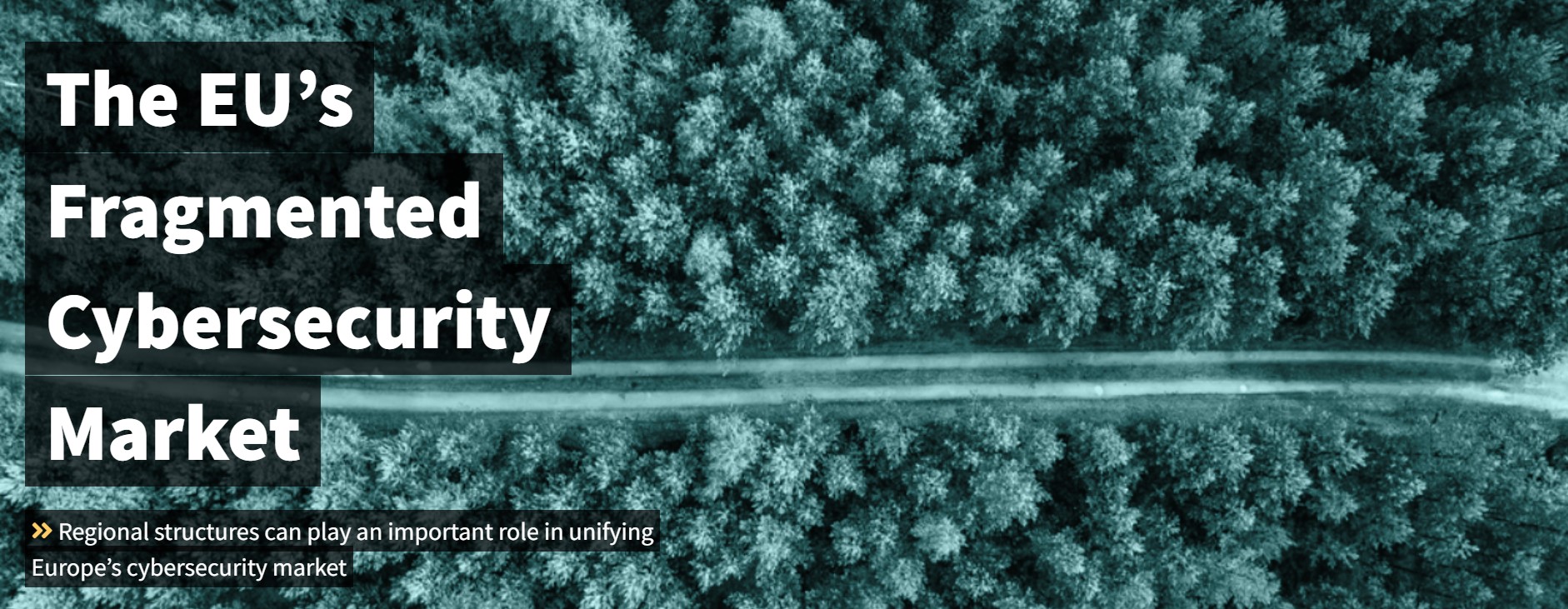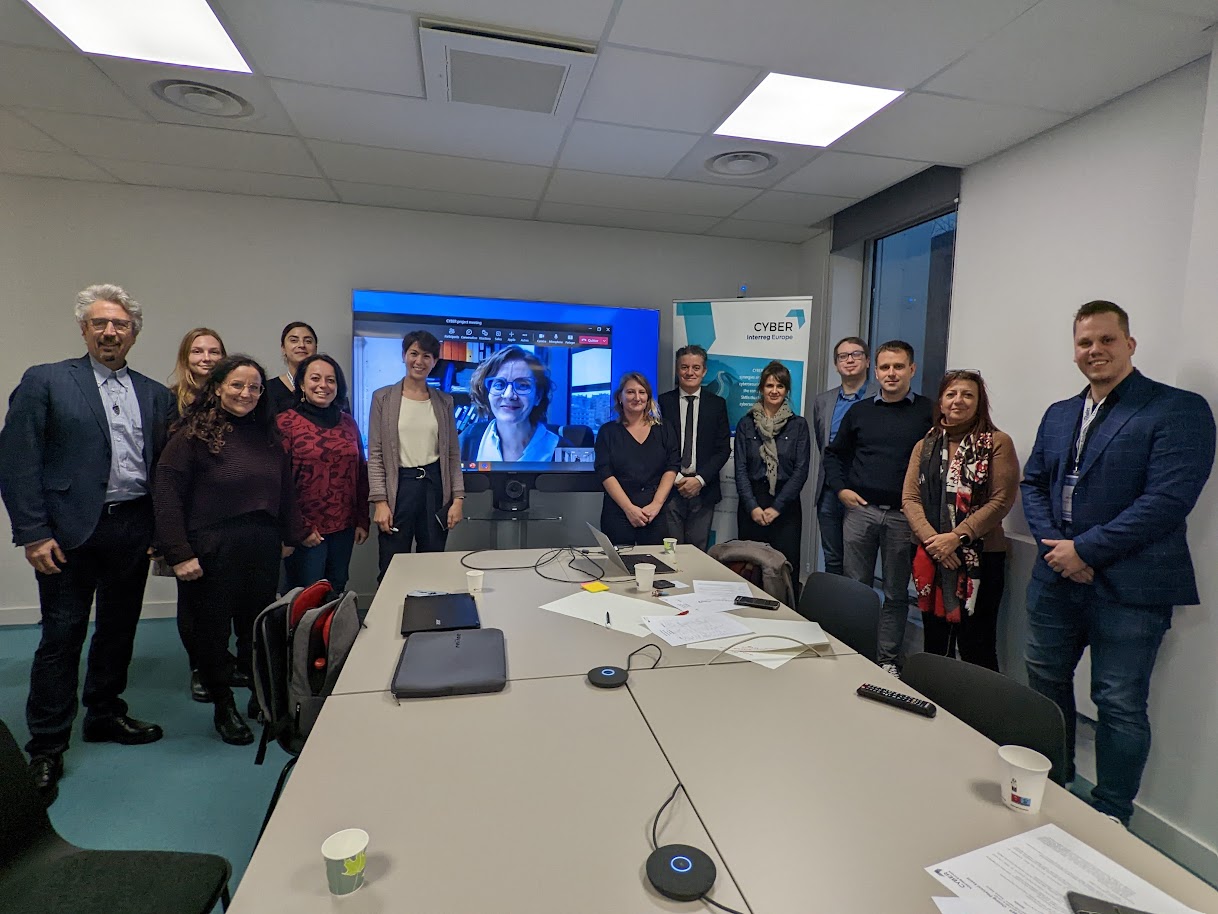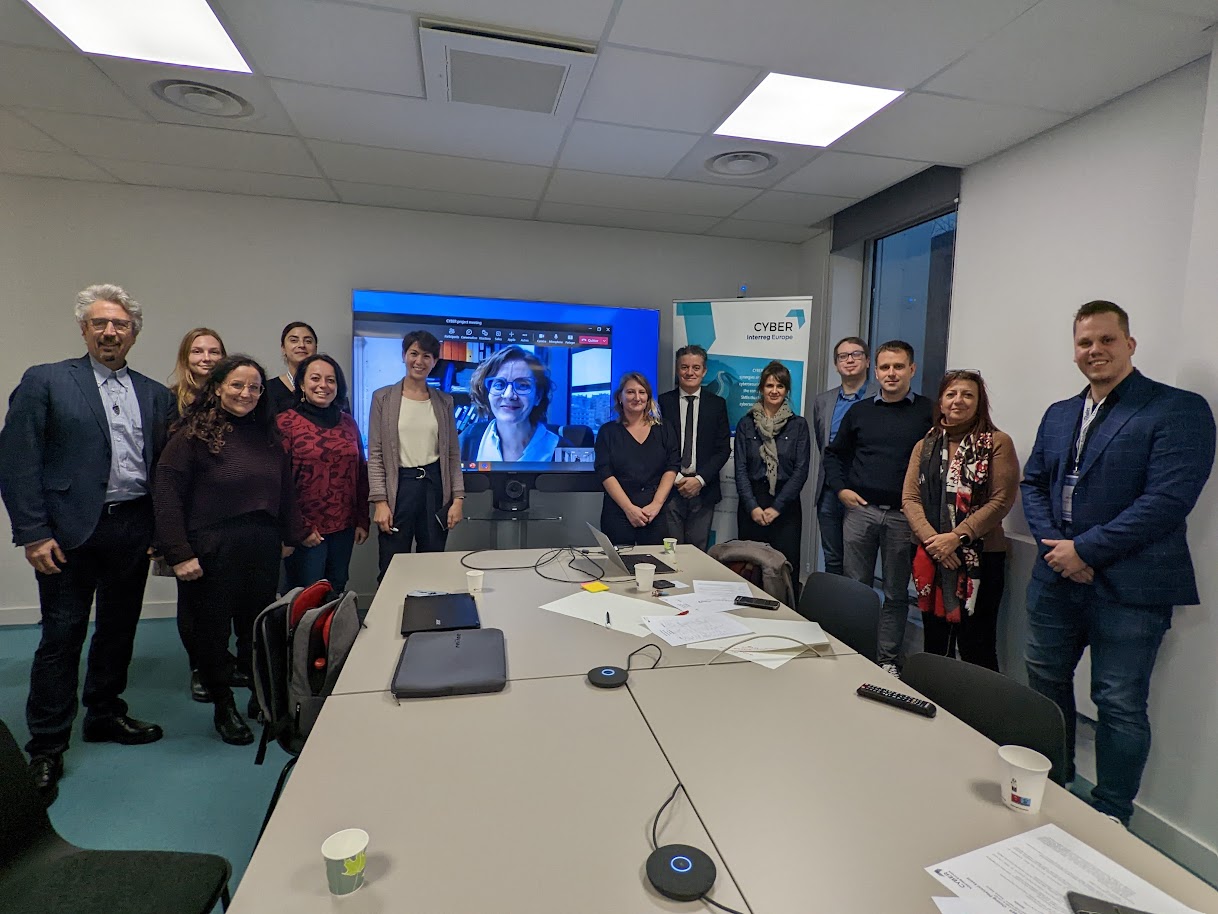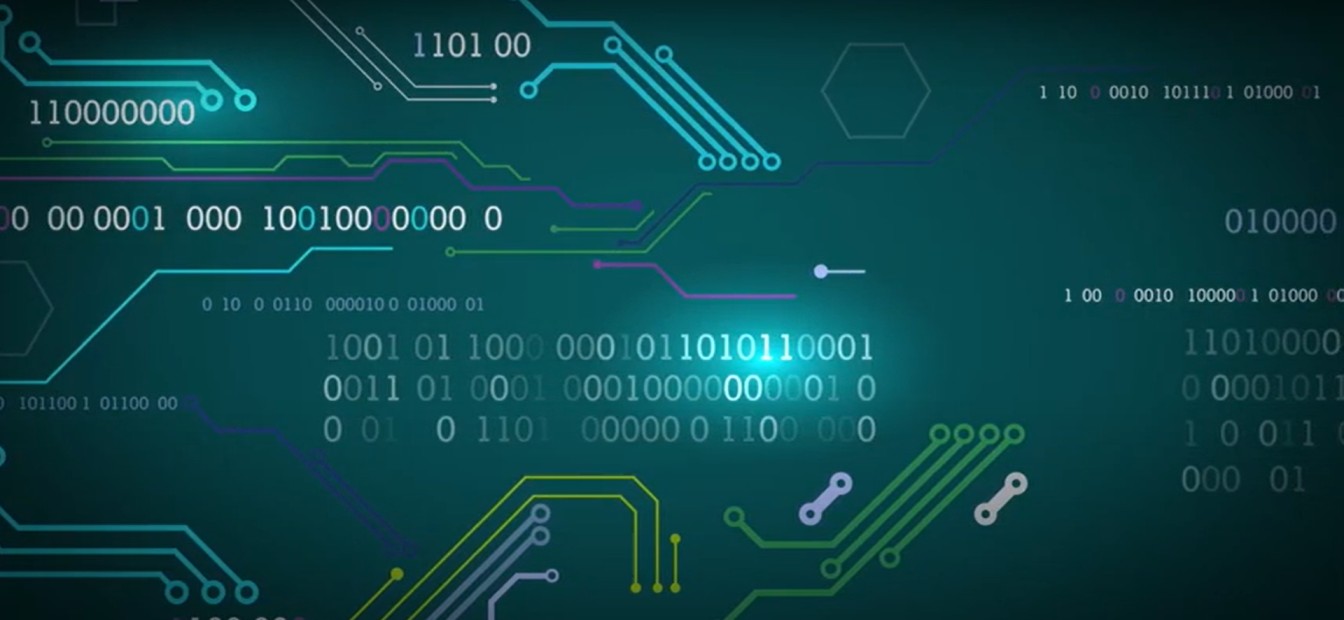On Friday 29th January, Interreg Europe CYBER project partners were treated to a session on the topic of ethical hacking in the modern world by Gospodarska zbornica Slovenije (GZS), including a tour of the history of ethical hacking, courtesy of Gregor Spagnolo. GZS reminded project partners that a shortage of cybersecurity professionals in Europe and globally continues to be a problem for companies of all sizes and sectors, as it leaves businesses at risk, especially SMEs who lack resources and knowledge regarding the issue.
The assembled project partners were then privileged to hear from Milan Gabor, an ex-software developer turned ethical hacker who has presented research around the world, including during a TEDx Talk at Ljubljana University. According to Milan, ethical hacking, also known as penetration testing or white-hat hacking, involves the same tools, tricks, and techniques that hackers use, but with one major difference: it is legal and done with the permission of the owner. Hacking means invention and experimentation, intellectual challenge from box of cereals and a whistle, through to Homebrew Computer Club, to the World Wide Web; indeed GZS showed just how much perceptions of hacking have changed in recent decades.
In today’s digitalized society and economy they explained, ethical hackers are here to ensure businesses are secure in the case of cyber-attacks. To enter the IT security field as an ethical hacker requires a good knowledge in the following areas: networking, programming, databases, and operating systems. For now, there aren’t any standards about ethical hacking: it is all about trust. Where the ethical ends and unethical starts is a dilemma, as was made very clear during GZS’s interactive exercise with project partners. Ultimately, however, the key is in the communication between the ethical hacker and the customer.
We thank GZS for their valuable contribution in the form of this seminar and look forward to the next project partner-organised educational webinar.
